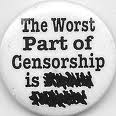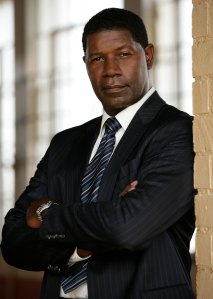You can take a horse to water but you can’t make it drink.
Today Book2Book has reported Amazon’s CEO, Jeff Bezos, was interviewed by the Wall Street Journal. Of course, he was positively e(book)vangelical. He named one of the drawbacks of traditional books as the sound of turning a page – something which has not bothered me throughout my uni days when I had to read the complete works of two authors a week and nor does it now. Tinny music coming out of someone on the bus’ iPod – yes, page turning – no.
He used the analogy of the horse to describe old fashioned books i.e. something outmoded that won’t go away. ‘I’m sure people love their horses, too. But you’re not going to keep riding your horse to work just because you love your horse. It’s our job to build something that is better than a physical book.’
Although the days of horse-shit filled streets are gladly gone, people will still put a cheap paperback in their bag for their morning commute just as they will continue to pick up a coffee on their way into work. This is partly routine and partly because we are looking for cheap entertainment on the bus, tube, train on the way to work – something interesting to pass the time until we have to really get our brain in gear and our eyes in ‘screen mode’ when we step through that office door. This is at the heart of WH Smith’s Travel business, cheap relatively disposable entertainment for your journey purchased in the station, departure lounge etc – brilliant.
As a recent iPhone convert, it is a rare treat to read an actual inky broadsheet on the way to work and have to worry about not knocking your neighbour when you try and fold its unruly pages rather than the usual enlarge text, slide, move down, wait for it to load, move back, wait for it to load, move down to navigate my way around the morning’s news. Wild horses couldn’t drag me away from real paper for good.
Ebooks don’t make good photos so there are pointedly no graphics to accompany this post.






